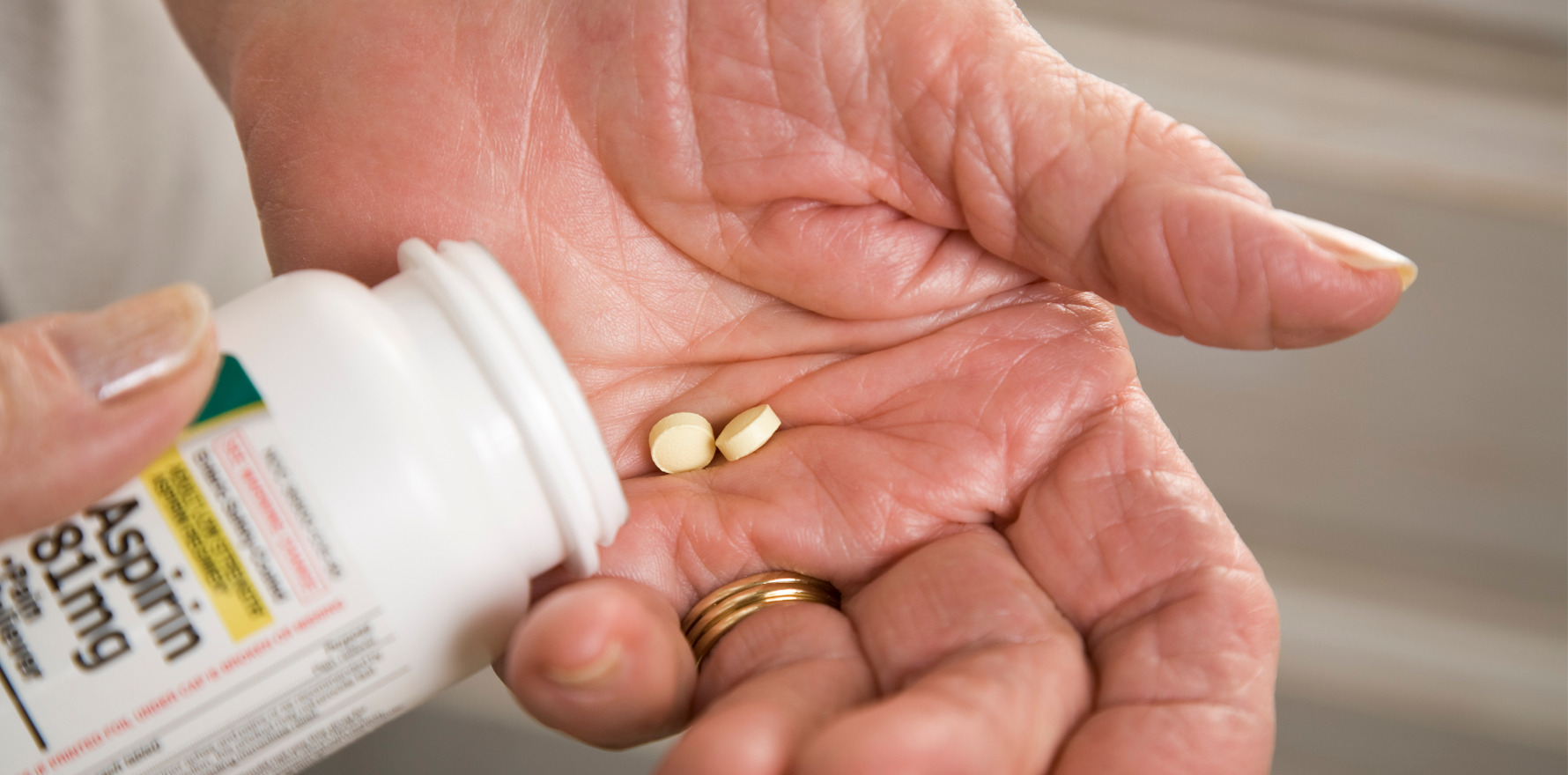Eradicating H. pylori in aspirin users significantly reduces the risk of bleeding peptic ulcers.
Testing for and treating Helicobacter pylori protects patients from aspirin-associated peptic ulcer bleeding, a UK study has found.
Researchers found a 65% reduction in hospitalisations due to peptic ulcer bleeding over the first two and a half years following H. pylori eradication compared with those whose H. pylori was not treated.
The randomised, double-blind, placebo-controlled trial included over 30,000 participants aged 60 years or older who were taking a maximum dosage of 325mg of aspirin daily and had a positive C13 urea breath test for H. pylori at screening.
Participants were randomised to receive either H. pylori treatment (using a combination of clarithromycin, metronidazole and lansoprazole) or a placebo. Follow up was conducted for an average of five years for all participants.
“The first episode of ulcer bleeding in the active eradication group occurred at 525 days after randomisation, compared with at six days in the control group,” researchers reported.
Interestingly, the difference in incidence between the treatment group and the control group was significant over the first two and a half years, but not thereafter.
Why the protective benefit of treating H. pylori diminishes over time is not known, the researchers said but they suggest it could be due to enhanced acid secretion or reduced release of protective prostaglandins following H. pylori eradication.
Additionally, “there was no significant difference between groups in the incidence of uncomplicated ulcers or thrombotic cardiovascular events, and the incidence of dyspepsia was low.”
The study supports the current American College of Gastroenterology guidelines which recommend testing for H. pylori when starting a patient on aspirin due to the association between the infection and the development of peptic ulcers in aspirin users.
It also provides further evidence that pre-emptively eradicating this strain of bacteria will significantly reduce the number of associated hospitalisations from peptic ulcer complications.


